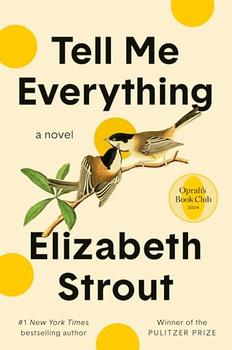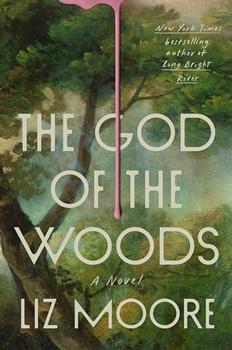by C. W. Gortner
(4/13/2011)
The Tudor Secret is C.W. Gortner’s first novel, although not his first published, which I got as an ARC from BookBrowse. It’s set in an interesting time in Tudor history, the tense period surrounding young King Edward VI’s death and his sister Mary’s successful bid for the throne. Most of the story focuses on Elizabeth, but there are scenes with Mary and Lady Jane Grey. The hero of the story, Brenden Prescott, a bastard foundling the Dudleys have raised, is brought to court as a squire for John Dudley, and quickly, almost too quickly, becomes involved in the spying and secrets of the court. I found Brenden interesting, but there wasn’t enough time for the story to be reasonable, in my opinion. In about 2 weeks or less, Brenden falls in love, becomes a trusted confidant of Princess Elizabeth and King Edward’s friend and body servant, is recruited by Cecil as a spy, becomes a secret messenger for both Cecil and Queen Mary, and discovers the secret of his noble birth. While I enjoyed the story, this was just too much to be believed. Who would trust such an unknown with such dangerous secrets? I also found some of the characterization unbelievable, especially the Dudleys. They were all such monsters, and given Elizabeth’s relations with Robert and her intelligence, I found it hard to believe he had no redeeming qualities, but this book shows otherwise. Between the broad characters and the breathless pace, it shows as a first novel. It is the first in a series, so hopefully, the others will improve. I found Gortner’s second novel, The Last Queen, much better and so am looking forward to the next one.



